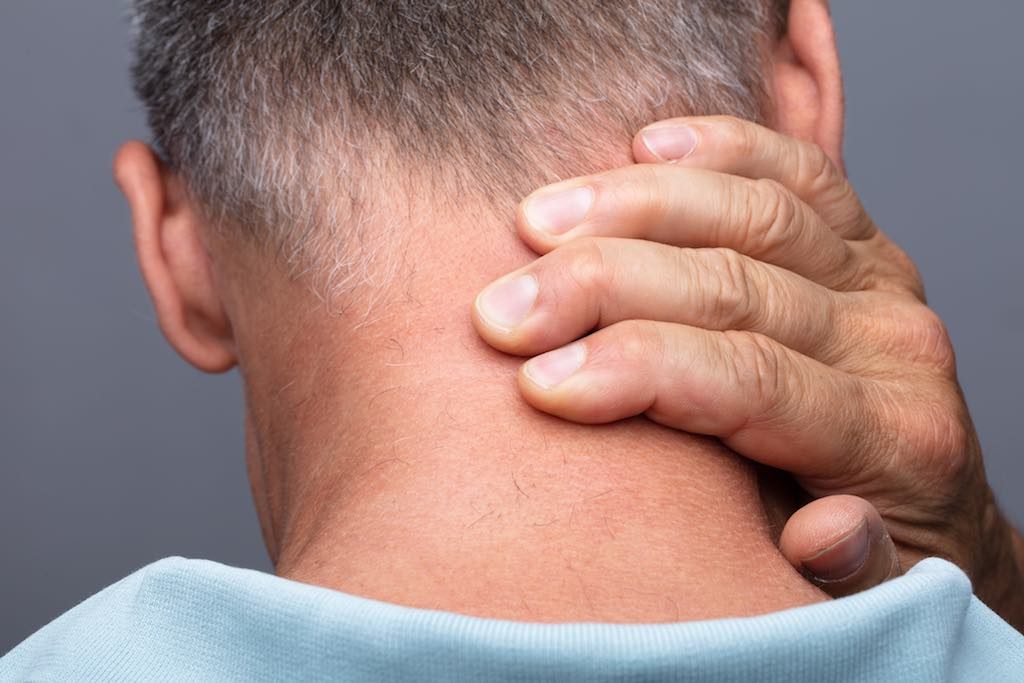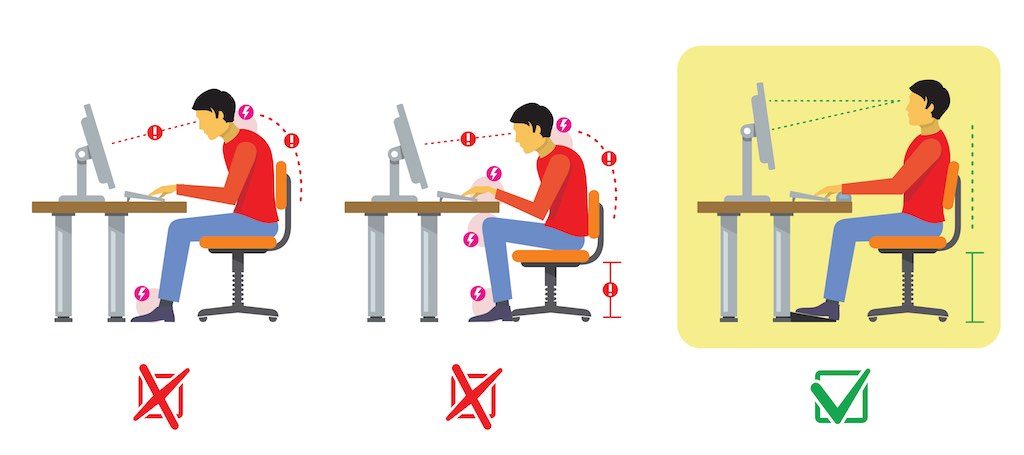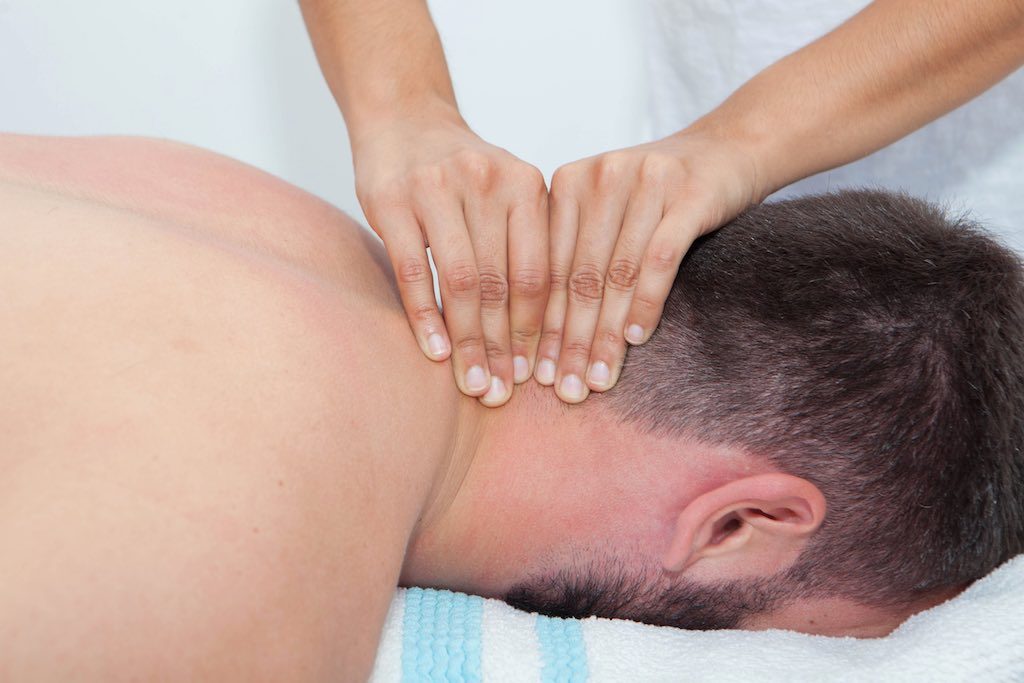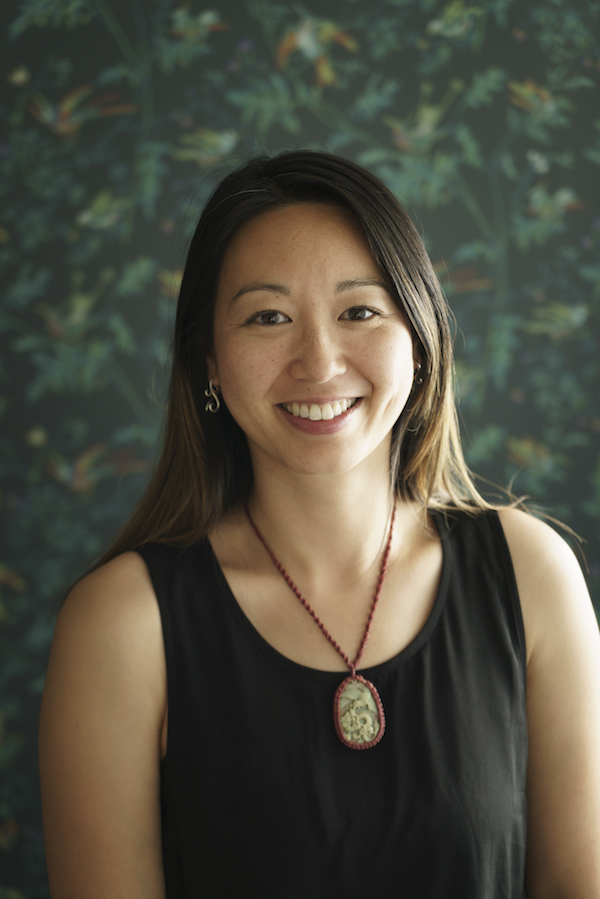17% of New Zealanders have arthritis, and that more than half of adults over 75 have some sort of arthritis leading to chronic pain and disability (1).
Have You Been Told You Have Arthritis in Your Neck?
Arthritis is another word for:
- degeneration
- wear and tear
We often find that people who have a stiff and sore neck are being told they have arthritis, and there is nothing you can do about it. That it's just part of ageing. True that it's part of ageing, but not true that you can't do anything about the pain! Especially if you haven't tried hands-on treatment.
You may have been referred for x-rays which show a little bit of joint space narrowing and words used such as spurs or osteophytes (little bony growths). But the images of your neck don't necessarily correlate with your level of discomfort, AND x-rays only show us the state of your bones. What it doesn't show is the state of your muscles. It doesn't show if they are tight or contracted.
These tight muscles are often the cause of a lot of discomfort in people with ‘arthritic necks'.
So please don't let these words or the images of your neck scare you away from trying to help yourself.

Degeneration is Normal
Some degree of arthritis or degeneration is normal. There are different factors that may contribute to your level of degeneration in your joints.
- previous trauma may predispose to earlier degeneration
- posture affecting how much load certain joints take
- higher levels of physical
labour in your job - sedentary jobs that require long periods of sitting
Different Types of Arthritis
Normally when someone
The signs and symptoms of a wear and tear type arthritis vs. autoimmune tend to be quite different. Something a health care professional is normally able to pick up.
People often remember an older relative who may have had a more aggressive type of arthritis such as rheumatoid or ankylosing spondylitis that has caused a deformity in the joints, and worried they will end up like that when told they have arthritis.
It is important that you clarify which type of arthritis you have.

What You Can do to Help?
- Posture improvements. Download our OFFICE ERGONOMICS sheet.
- Stretch your neck regularly. Download our NECK STRETCHES sheet.
- Strengthen to improve your muscle endurance. You may want to seek professional advice around what strengthening exercises are best suited to your needs.
What Can an Osteopath or Chiropractor do?

Osteopaths look at the whole body and not just your symptoms. We always go through a thorough history with you to determine the history behind your discomfort. Everyone experiences pain differently so we want to get your perspective on what is going on. We also go through past medical history and a general overview of your lifestyle to determine any underlying issues, and to educate you about beneficial changes.
We then examine the area to see how you move and how your muscles feel. At the same time, we can do certain testing to rule out any other issues that may be contributing to your neck pain.
So if you have neck pain, it's important to address the front and back of your neck, as well as all areas related ie:
- Shoulders
- Chest
- Upper back
- Pelvic and hip posture and alignment
- General core activation and endurance
- Overall posture
- Ergonomics
You can see there is more than just focusing on where you have discomfort.
Treatment Often Involves:
hands on soft-tissue massage work- cupping or dry needling
- gentle joint articulation
- joint manipulations if it determined to be safe and beneficial for your condition
- prescriptive stretches and exercises to help maintain you between treatment
How Often Do you Need Treatment?
It varies between individuals but our general aim is to reduce or resolve pain as much as possible. If you have had the discomfort for months or years we can still help reasonably quickly.
As your symptoms improve and pain diminishes we aim to spread your treatments out as much as possible. This may require you to keep up with regular stretches or exercises in between.
Once you feel easier movement and less discomfort you're usually in a better headspace to take on postural advice and start to make necessary lifestyle changes to avoid further stress or load to your joints.
Chiropractor Or Osteopath: Who Should You See?
Either! At Metamed we have both chiropractic and osteopathic practitioners that provide very similar treatments. Both are experienced in anatomy and know the spine well. You’re in safe hands with both chiropractors and osteopaths at Metamed.
Frequently Asked Questions
Differences Between An Osteopath And A Chiropractor?
Every practitioner treats differently. Each and every osteopath will be different, as well as each and every chiropractor. It’s really about trying different people and seeing what approach works best for you. After completing our training at university, every practitioner has to complete Continued Professional Development courses, allowing them to diversify and specialise in different areas. At Metamed, we use functional movement, acupuncture, emotional anatomy and herbalist advice on top of our skills as osteopaths or chiropractors.
Often appointment times differ between clinics, at Metamed our initial appointment is 1 hr and follow up appointments are 30mins, providing us with ample time to get to know you and your issue and treat accordingly. These appointment times are the same for all of our practitioners.
Can neck pain be a sign of something serious?
Generally no. Our team is trained in being able to identify any serious signs and symptoms and can refer on to your GP if need be.
Can osteopathy help trapped nerve?
Yes! Definitely! Trapped nerves are a result of narrowing vertebral disc space or lesions that have built up around where the nerve exits the spine.
References:
- Ministry of Health https://healthcentral.nz/latest-statistics-indicate-more-kiwis-living-with-arthritis/
Osteopath, Herbalist, Western Acupuncturist & Psychosomatic Therapist.
Jin is an intuitive therapist with 12 years of clinical experience. Her passion is the mind-body connection and how our physical body is a manifestation of our emotional state. She loves to get to the root of people's issues by delving deeper.
Jin's areas of special interest are frozen shoulder, jaw pain, sacro-iliac joint pain and pregnancy related issues.
Favourite technique: Jin uses a variety of treatment modalities but her favourite for getting results is dry needling and psychosomatic therapy.


